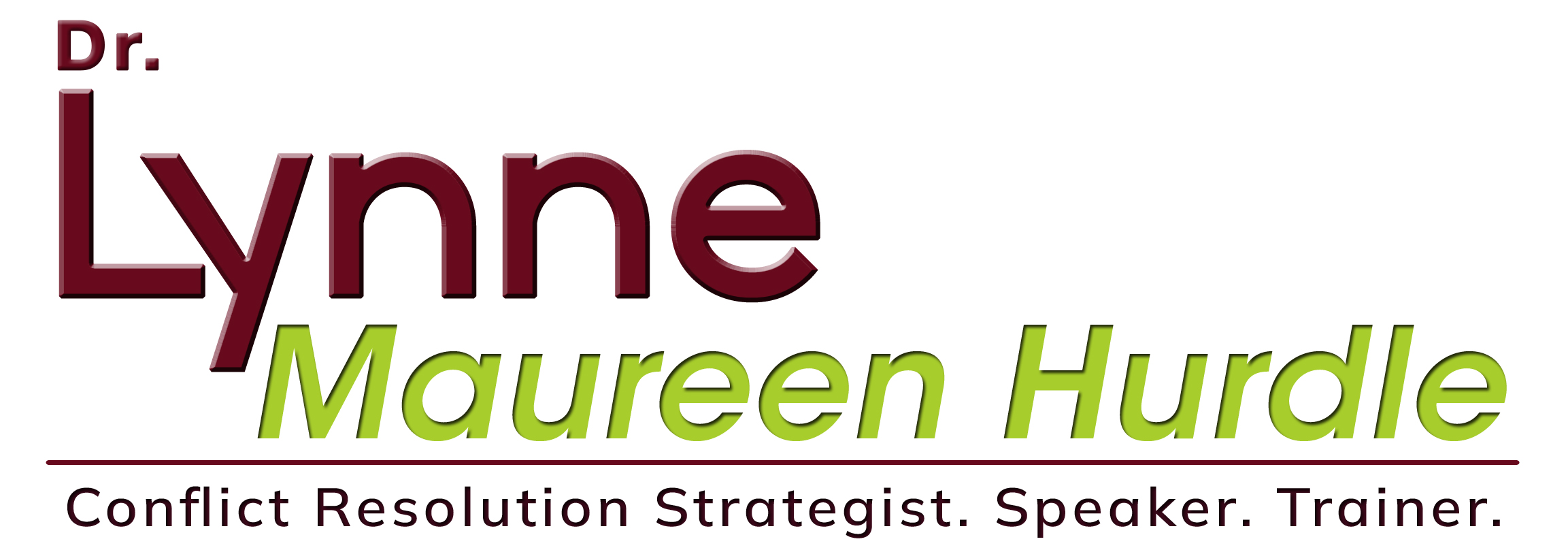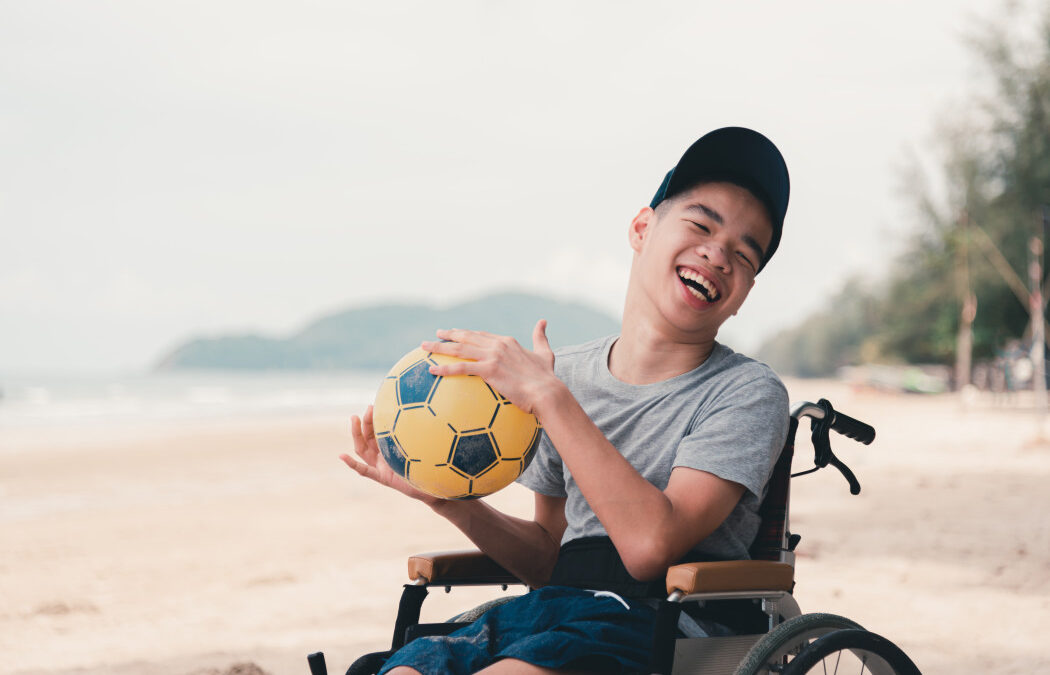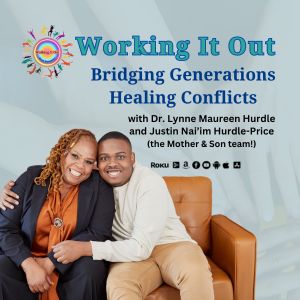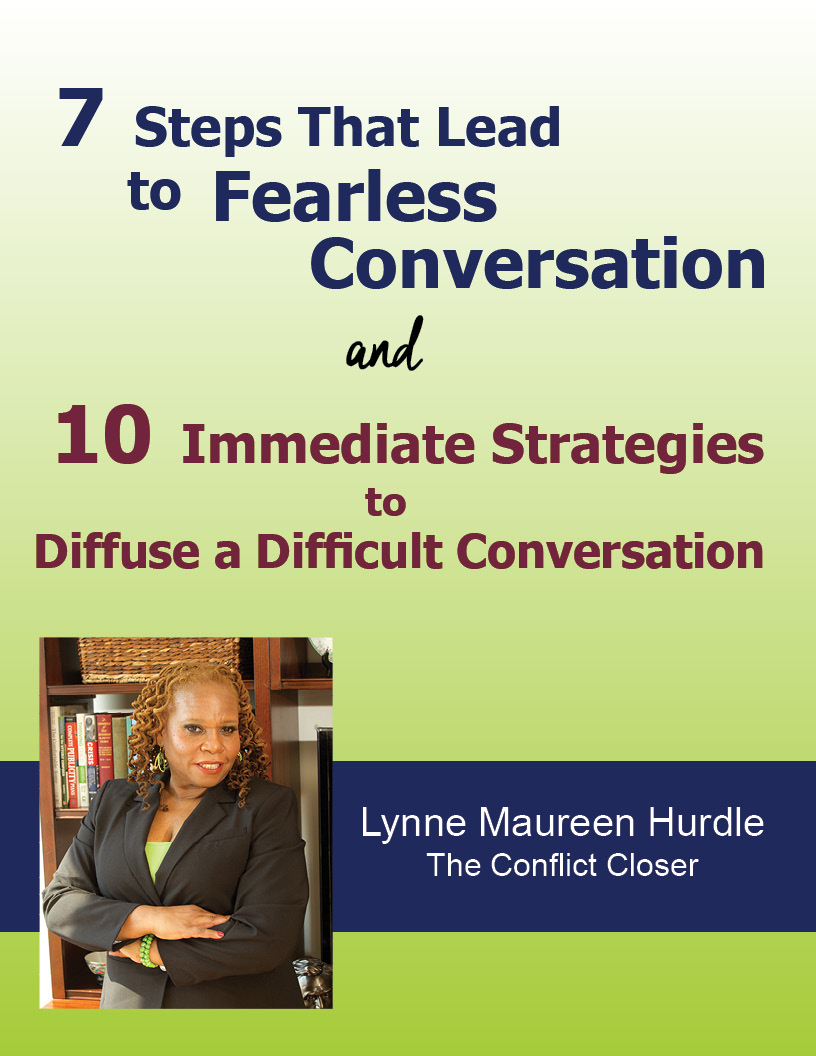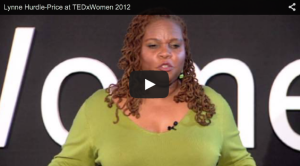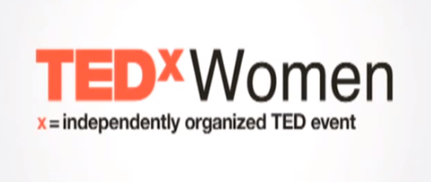It’s Disability Pride Month. Did ya’ll know that? Here’s what I am loving about it, this month is designed to challenge the way we view people with disabilities, to see them and well beyond them and to honor the pride that they are feeling in being who they are.
As I’ve read about it and talked with some folks, I see that it’s about people with disabilities loving on themselves and calling us on this view of disabilities that permeates our society. (So many in this community are questioning the word disability itself still).
Having worked as a consultant in schools, I have seen the pity, the less than looks and the fear that has so often been directed at people with disabilities. Because of these views, we end up teaching children that if they develop friendships with them, they are showing what a good person they are. We are sending the message that the most important thing about them is their disability and it places them out of reach of the children who do not have a disability (that can be detected).
They are often segregated both in schools and society and we count ourselves lucky not to be them. Yes, I said it. The need for calling attention to this month is real because taking their power by putting their pride on display calls us out on how we have shaped a view of disabilities that centers on what society views as “normal.”
In the article, A Chance to Amplify One Another: What is Disability Pride Month?, Tiffany Yu says this month is about recognizing her disability as an integral part of who she is. Anthony Rios shares that for him, it’s about accepting that his disability makes him different, not worse. It’s a really good article so I am including it here.
Anthony goes on to say that he grew up hearing the adults in his life, including his family, talk about him being blind as if it were a burden and a curse and he had to learn to accept his blindness and thrive. Anthony had to do that by finding a community of friends with disabilities which certainly speaks to the difficulties of establishing pride outside of the disability community.
I remember so vividly my friend, Karen who I adored in elementary school. We played together almost every day and we had such a good time pretending we were in all of these imaginary situations. One day another friend of mine, Irene, got into an argument with Karen and Irene’s mother showed up in the middle of it. She quickly stopped Irene and took her upstairs. Later that evening, Irene’s mother and my mother got Irene and I together to talk to us. Irene’s mother said that she was going to find out what was going on and immediately took one look at Karen and knew that she was mentally delayed (she used what we know to be a derogatory term that was always used at that time) and pulled Irene away to tell her that she was wrong to argue with her, because Karen wasn’t capable of understanding any of it. She also did not want Karen to feel any worse than she must already feel about herself. My mother told me how proud she was of me to make friends with someone like Karen.
This whole experience left me with so many questions and a sick feeling in my stomach. What had Irene’s mother seen in Karen that I never saw before the argument or after? What did it even mean that she was mentally delayed? I thought Karen was smart, funny, kind and fun to be with. I remember that her speech was sometimes slower than other people, but it never alerted me to anything. I also found it interesting that my mother was proud of me given that Irene’s mother had shared on several occasions how proud she was that Irene had a Black friend (not her exact words, but same thing.) I always felt like something was wrong with me, because it took a special kind of White person to want to be my friend. You see what I’m getting at?
This is what we do and I by no means am letting myself off the hook here. As I am writing this, I am thinking of all the ways in which we teach the lesson of people with disabilities being less than instead of people who show up in the world as they are.
Think about it. Have you ever:
- Viewed someone with a disability as someone to feel sorry for or to be pitied?
- Rushed to help someone with a disability without them asking for your help?
- Been taught even subtly that the disability defines the person?
- Seen people with disabilities segregated by rules not by choice?
- Viewed people with disabilities who are living their lives to the fullest as superheroes?
Let’s face it, the messages are deeply internalized.
In a society where difference is viewed with the negative lens and from the viewpoint of the dominant culture, we have been taught to uphold the idea that there is no pride in having a disability. This month is meant to challenge that and continue to move beyond it. When James Brown sang, “Say it loud, I’m Black and I’m Proud”, it changed the lives of Black people all over this country.
As someone who’s not a fan of theme months, this is one I can definitely get behind and learn from.
I’m counting on all of us to do the same.
In Love,
Lynne
